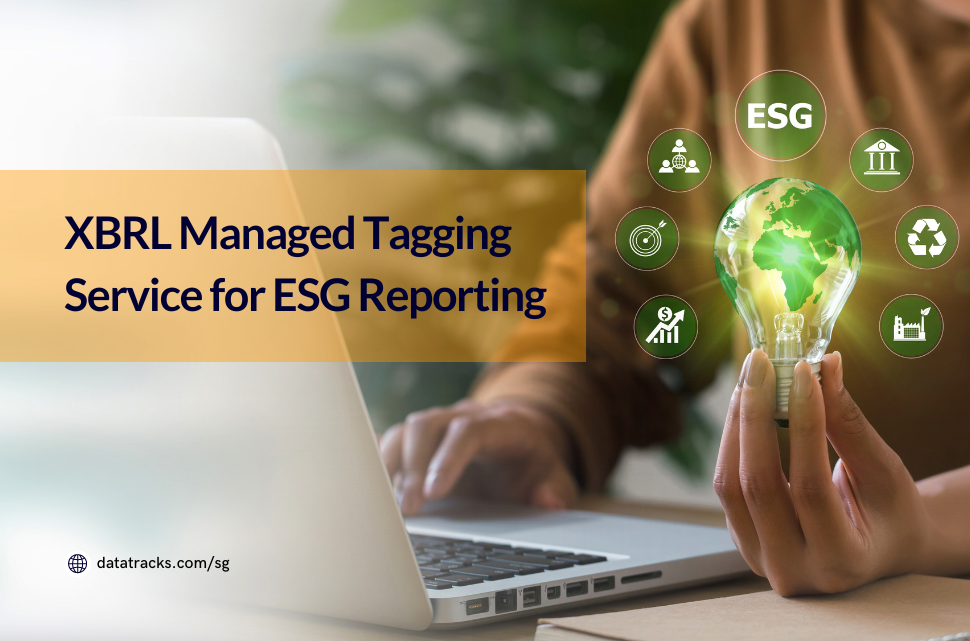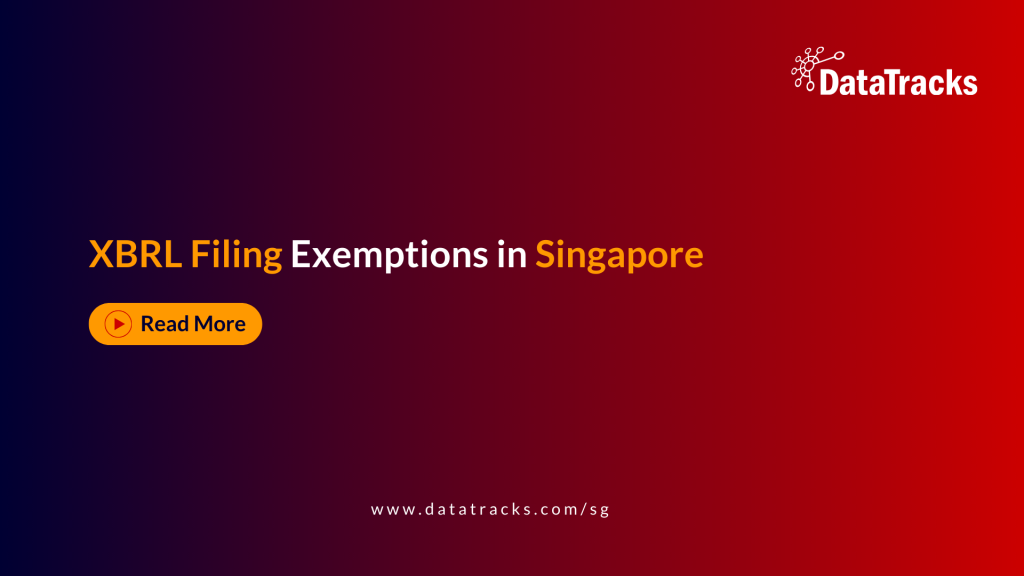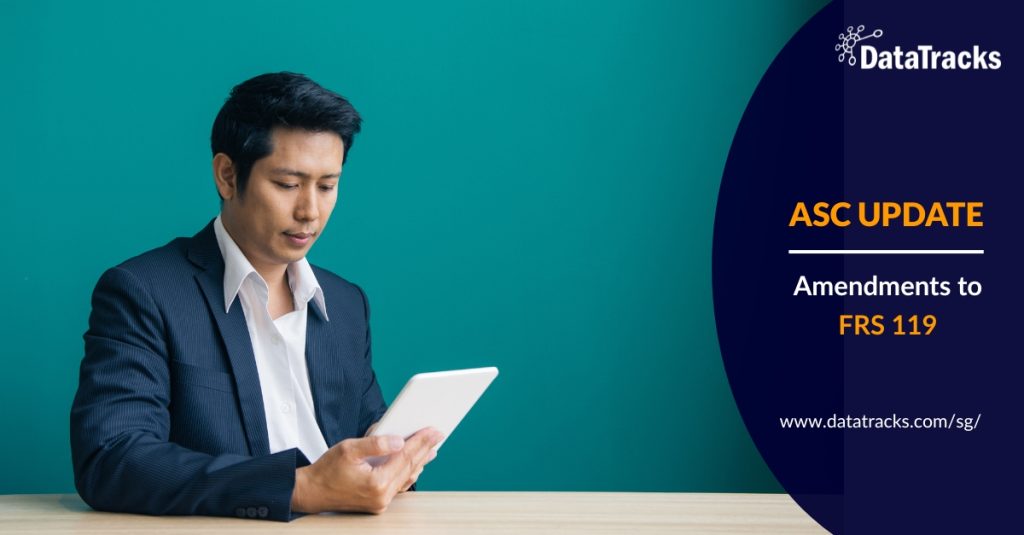2025 Compliance Alert: Navigating Singapore’s New ISSB Standards Mandate
Singapore will implement the International Sustainability Standards Board (ISSB) guidelines in 2025, which will transform the way businesses listed on the Singapore Exchange Regulation (SGX RegCo) disclose their sustainability initiatives. The Accounting and Corporate Regulatory Authority (ACRA) is leading this important shift, which attempts to improve sustainability reporting by making it more comparable and transparent. Let’s break down what this means and how DataTracks can help businesses meet these new requirements.
What are ISSB Standards?
The ISSB standards require businesses to submit detailed information about their environmental, social, and governance (ESG) practices. An important component of this is reporting several types of emissions:
- Scope 1 Emissions: Direct emissions from sources that the company owns or controls.
- Scope 2 Emissions: Indirect emissions from the energy a business purchases and consumes.
- Scope 3 Emissions: Any additional indirect emissions from suppliers or customers that happen in the company’s value chain.
ACRA’s Role in ISSB Standards Implementation
ACRA is taking the lead in implementing these new standards. They are updating their requirements, so companies will need to use XBRL (eXtensible Business Reporting Language) for their ESG disclosures. By updating the ACRA taxonomy to include the ISSB standards, they ensure a uniform and structured approach to sustainability reporting. This change highlights Singapore’s commitment to high-quality ESG reporting and aligning with global best practices.
Timeline for New Requirements
According to the guidelines from the Sustainability Reporting Advisory Committee (SRAC), Singapore will gradually implement mandatory climate-related disclosures (CRD). This will help businesses embrace the green transition and adopt strong sustainability practices.
As sustainability becomes more important, companies that can provide clear CRD will gain access to new markets, customers, and financing opportunities. The timeline for this mandate is as follows:
| Timeline for Requirements | Listed Issuers | Large NLCOs (annual revenue of at least $1B and total assets of at least $0.5B) |
| CRD, including Scope 1 and 2GHG emissions | FY2025 | FY2027 |
| CRD for Scope 3 GHG emissions | FY2026 | Not before FY2029 |
| An external limited assurance on Scope 1 and 2 GHG emissions | FY2027 | FY2029 |
How DataTracks Help with ESG Reporting?

DataTracks offers XBRL Managed Tagging Service to help companies meet the new reporting requirements. The professionals at the company have expertise in XBRL filing and Singapore Exchange Regulations. They ensure that ESG data is correctly tagged and reported, simplifying the process and guaranteeing compliance with the new standards.
Key Features of DataTracks’ Service
- Simple Conversion: Converts complex data into the XBRL format needed for ACRA filings.
- Ongoing Support: Offers constant assistance and updates to ensure compliance with changing regulations.
- Accuracy and Reliability: Ensures the information reported is precise and trustworthy, which is necessary to uphold investor confidence and comply with legal obligations.
Conclusion
Singapore’s adoption of the ISSB standards in 2025 is a major step forward in sustainability reporting. Companies on the SGX will need to report detailed emissions data, including Scope 1, Scope 2, and Scope 3 emissions.
DataTracks’ XBRL managed tagging service is designed to help companies meet these new standards efficiently and accurately, ensuring they remain compliant and can provide reliable ESG information. Contact the experts TODAY at +65 3158 2850 or email enquiry@datatracks.com.sg.



